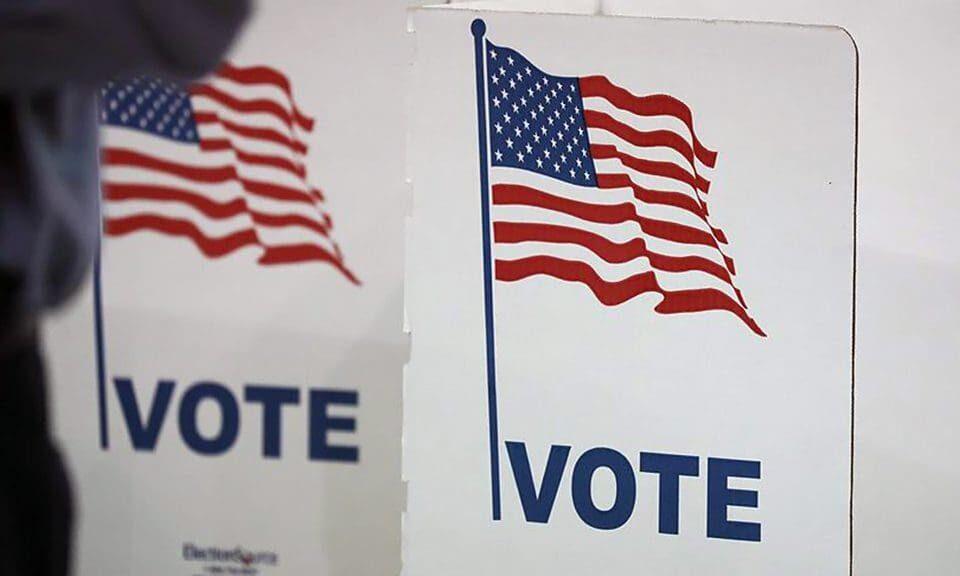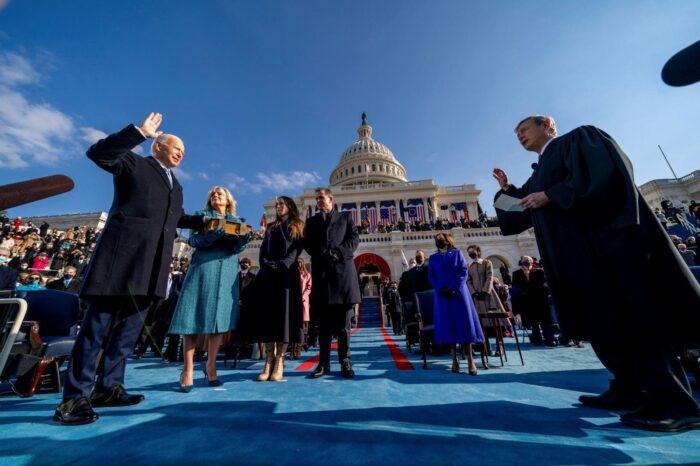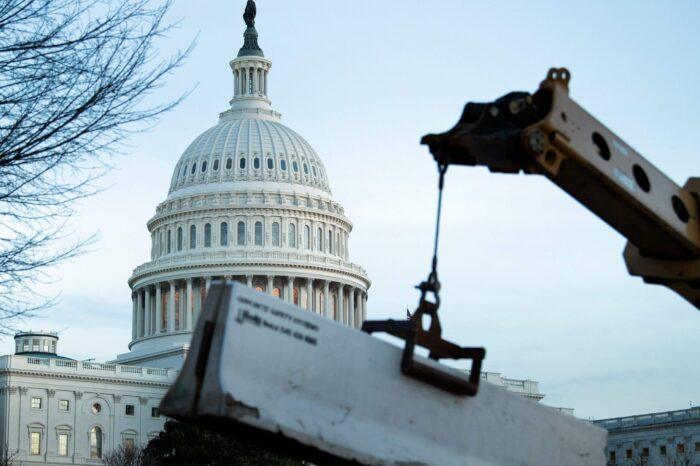Repercussions of US presidential polls

The 2020 presidential elections in the U.S. will be one of the most important elections in recent history. It will not only show if the voters in the U.S. will give President Donald Trump another term in office but it will also have serious ramifications in international relations.
There are several reasons for this potential larger impact. First of all, the elections will take place in one of the most critical junctures of transformation of the international system. Although the same transformation process existed in the previous three presidential elections, this time President Trump’s tenure and changing nature of the U.S.’ relations with China and the EU raised the intensity of the concerns about the future of the international system. The high level of uncertainty and unpredictability in regards to these critical relations might get more complicated with the intricate and difficult election process in the U.S.
Secondly, the debates among the candidates during the election process in regards to the foreign policy of the U.S. can play an important role in influencing the foreign policy trajectory of the country. As mentioned in this column in a previous piece, American voters have consistently been voting for the candidates with less emphasis and experience on foreign policy in the last three decades.Every new president since 1992 has come to office by promising a lighter footprint and a form of retrenchment of American foreign policy.
There will be too many questions left on the table about U.S. foreign policy after these elections. For instance, if President Trump is reelected will he continue his current approach in foreign policy or will he adopt a new foreign policy. Or if another candidate is elected, will he or she follow the same pattern of putting less emphasis on foreign policy or will he or she take a sharp U-turn and become a more internationalist president.
All of these potential outcomes of the U.S. elections will have important ramifications in international relations in different parts of the world.
Thirdly, the debates among the candidates in this election process in areas other than foreign policy will also be important for the stature and image of the U.S. around the world. In the last two presidential elections we see the impact of the discourse of some of the candidates in the primaries to the overall popularity of the U.S. around the world.The debates about whether “enhanced interrogation methods” should be used during investigations or the debates about immigration generated a significant level of surprise among the observers of the U.S. elections.
Although some scholars argue that credibility and standing are usually overrated and should be part of the deliberation during the decision making process, they play an important part given the public’s increasing interest and involvement in foreign policy issues in different parts of the world. The irresponsible, increasingly populist and discriminatory rhetoric of some of the presidential candidates and their increasing circulation in the mainstream political conversation made it hard for the U.S. to act in a similar role in the world.
Considering the fact that there are more than 20 democratic candidates and the beginning of Twitter attacks among the candidates, it is obvious that we will see a very tough election process in 2020. But the critical part is what happens in the primaries and the elections will not stay in the U.S., but rather that it will have important repercussions in international relations.
This article was first published by DailySabah June 10, 2019.























